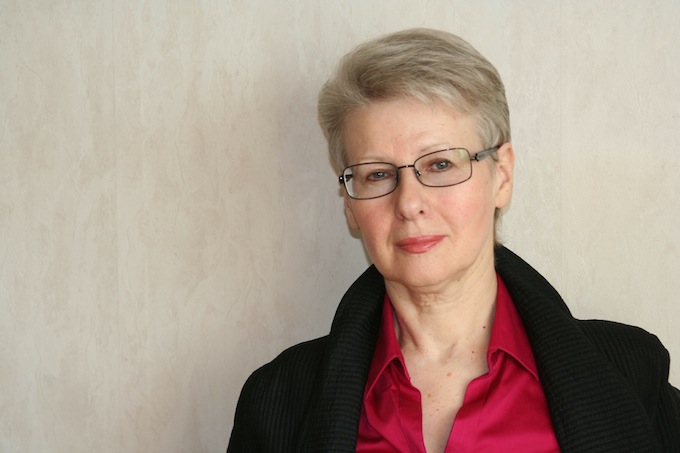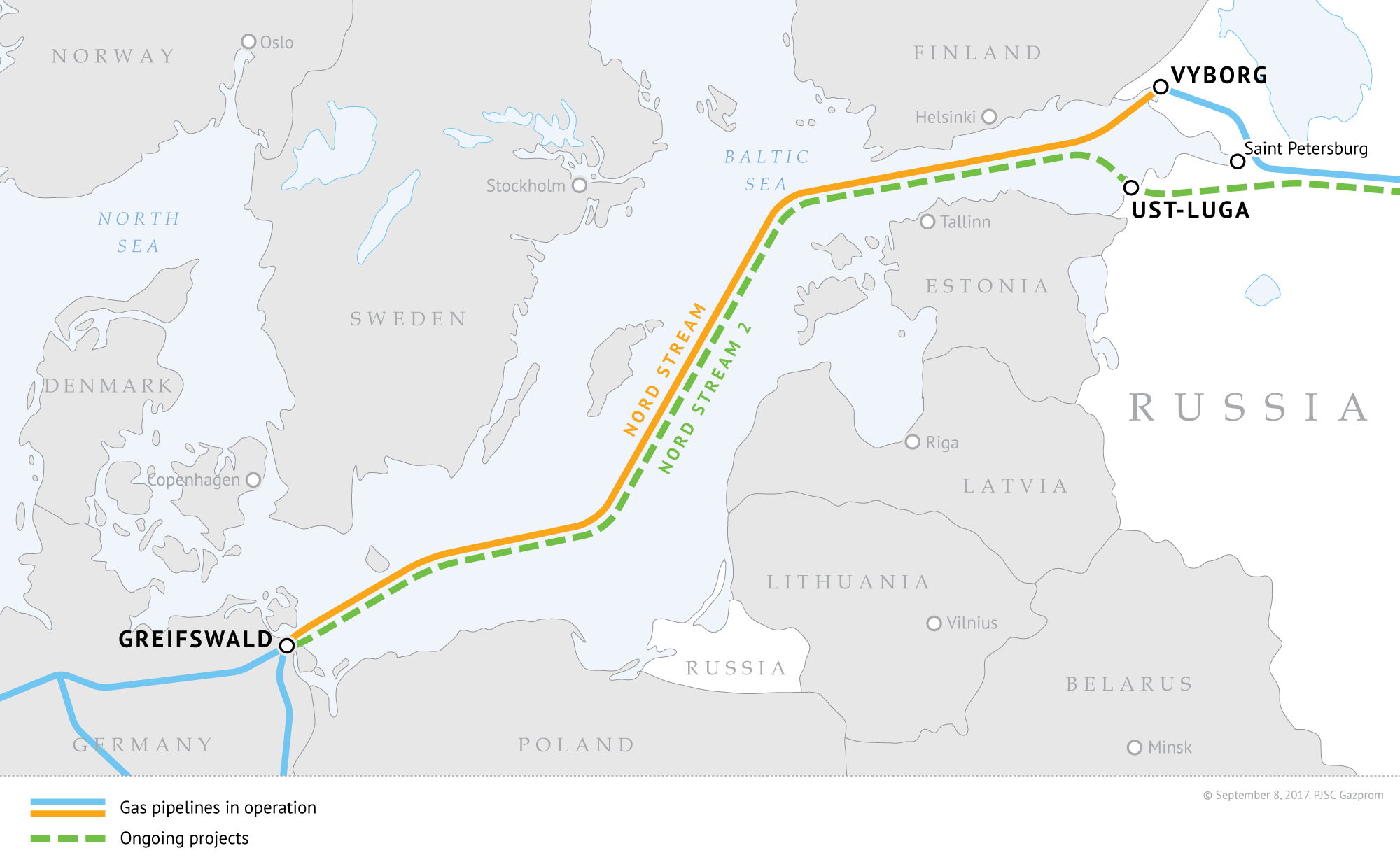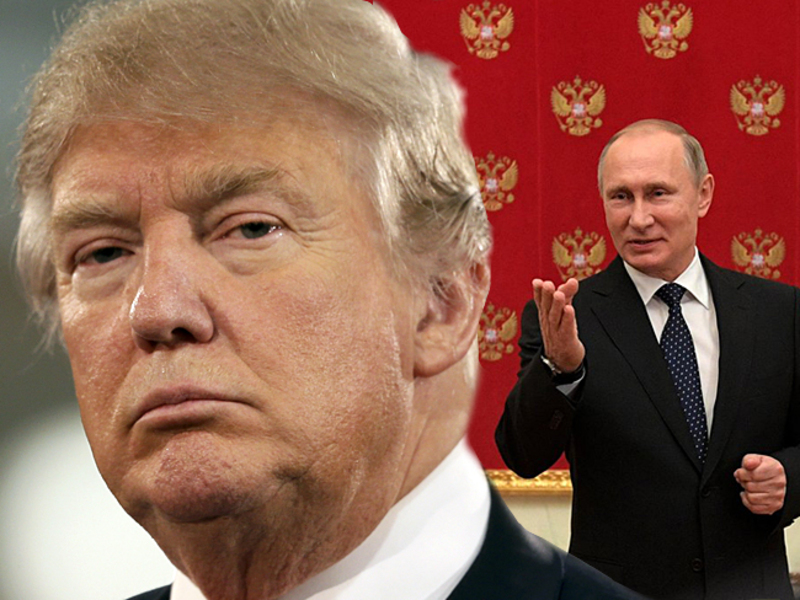Many Russian and Western analysts dismissed “the Kremlin list” the Trump Administration released two weeks ago as a bad joke or worse and thus failed to recognize the extent to which its contents in fact have made Moscow far more afraid of the US president than they were before, according to Lilia Shevtsova.
In an interview with Vladyslav Kudryk of the Apostrophe news agency, the Russian political analyst says that such dismissive attitudes about the report as released failed to take into account five important things.
First of all, “by publishing practically the entire list of members of the Russian government and Presidential Administration, the White House shifted from the traditional Western effort of trying to divide the Russian elite into pro-Western and anti-Western factions, into liberals and non-liberals.”
Instead, Shevtsova argues, it properly treated the entire kleptocratic elite as being linked to Vladimir Putin and that represents “a very serious blow to the entire Russian political class.” Many thought the West could provoke a split in Moscow; but no list would have done that at least in the near term.
Second, she continues, the list wasn’t about sanctions but rather about those against whom sanctions could be imposed. “As the practice of introducing sanction regimes has shown, the threat of sanctions is much more dangerous than the sanctions themselves.” Now, all of those on the list have to worry rather than only a subset.
Third, by approaching the problem of the Putin regime in this way, Shevtsova suggests, Washington avoided a confrontation with European powers who don’t want to extend sanctions now but who also don’t want to break with the US either. This kind of list allows both sides to continue doing what they are doing now.
Fourth, she says, by its actions, “the Administration agreed with the principle of secondary sanctions which strike at the interests of those corporations, physical persons and structures [in Western countries] which somehow are connected with the economic interests of the Russian political elite.”
And fifth, the Trump Administration’s action “in fact represents an important step in the direction of destroying ‘the Manafort effect,’” the collective term for those in the West who have made a fortune in “a new type of business: political consulting which is combined with lobbying on behalf of the interests of kleptocratic authoritarian regimes.”
But Moscow’s worries about Trump are not exhausted by the threats to it that “the Kremlin list” represents, Shevtsova says.
Trump has made that far more difficult for them not only by his unpredictability but also by the American president’s stress on “America first” and on rebuilding the American military, an attitude and a policy that many in the Russian capital believe bode nothing good for them, the commentator continues.
Consequently, over the last 18 months, the Kremlin has tried not to provoke the United States into taking actions that Russia is not in a position to respond to, even as the Trump Administration has sought not “to drive Putin into a corner” and thus act in ways that might threaten the US.
This doesn’t mean that Putin won’t threaten anyone or anything in the coming months, Shevtsova says; but his approach can best be described as “escalation on behalf of de-escalation,” using challenges to get Washington to agree to as much of Moscow’s agenda as possible but not driving it into total confrontation.
And Putin is also aware that his “legitimization through military patriotism” is at least in part exhausted and needs to be replaced with the promotion of an image of himself as “the father of the nation” or “the president peace maker.” That means the Kremlin leader must walk a fine line if he is to maintain himself and his system into the future.
“On the one hand,” she says, “he will be forced to maintain the mechanism of the survival of the system by using Western resources without which [many parts of the Russian economy] can’t work.” And “on the other, Putin wants to turn the country to the past, “to return Russia to traditional and archaic values,” including the idea that it is “a besieged fortress.”
It is entirely possible that “at any moment,” he may fall to one side or the other of this “knife edge,” Shevtsova concludes, most likely in the direction of traditionalism – and that is something Washington must be prepared to respond to as well.
Read More:
- ‘Kremlin List’ – as published – discredits US and helps Putin, Illarionov says
- ‘In the interests of national security, US sanctions against Russia may be lifted’
- Kremlin isn’t panicking over new sanctions the way many are suggesting, Nemets says
- Trump ‘playing for Russian side’ now, Moscow commentator says
- Is Trump’s delay in imposing new sanctions playing into a larger Moscow game to lift them?
- Putin blames West for all of Russia’s problems but refuses to criticize Trump
- Korean crisis seen opening a way for new Trump-Putin rapprochement






